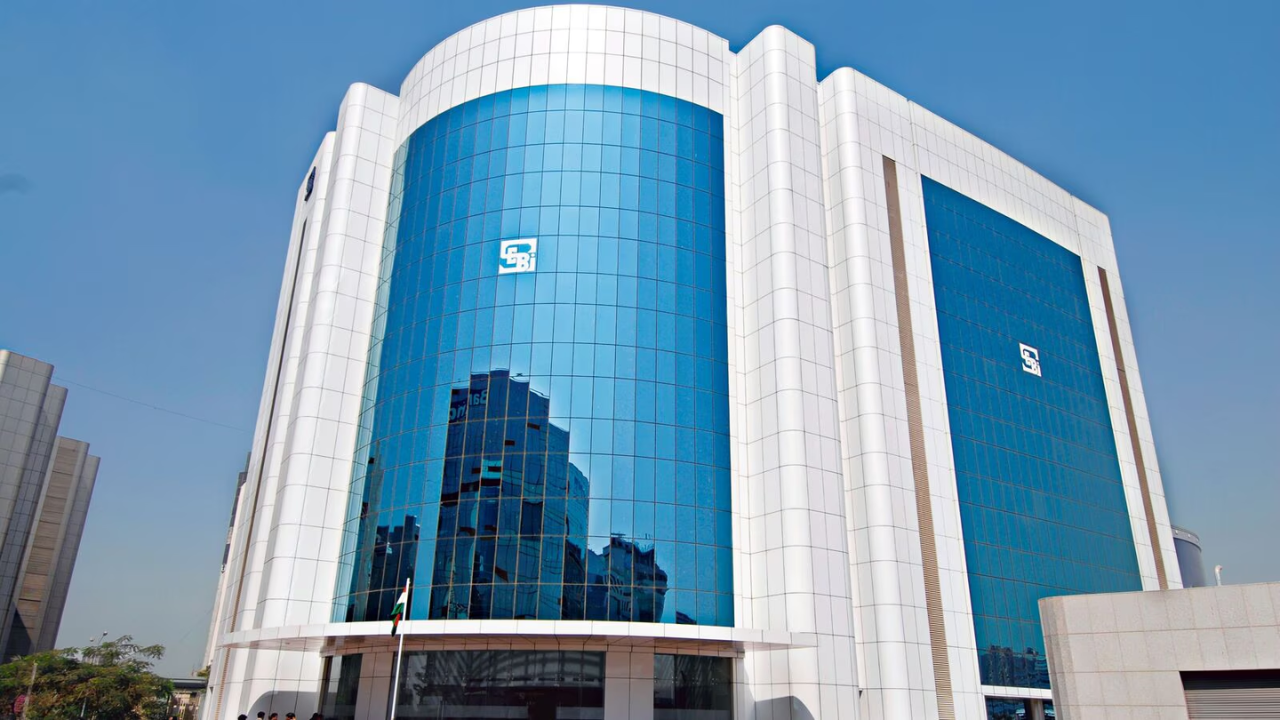India’s Securities and Exchange Board (SEBI) has proposed new, stricter regulations on trading individual stock derivatives (futures and options) to mitigate the risks of market manipulation following a significant surge in options trading. According to a Reuters report, SEBI’s proposal comes in response to the explosive growth in the derivatives market, especially driven by retail investors.
In April, sources informed Reuters that India’s leading financial regulators planned to form a committee to assess the stability risks arising from this surge in derivatives markets. In a recent research note, financial services firm IIFL indicated that 25 of the 182 stocks currently eligible for futures and options contracts could be deemed ineligible if SEBI’s new rules are enforced.
Over the past five years, options trading in India has skyrocketed, with the notional value of index options traded doubling in 2023-24 to $907.09 trillion from the previous year, as reported by the National Stock Exchange (NSE).
A discussion paper published on the SEBI website on Sunday suggested that derivatives contracts on individual stocks should meet specific liquidity and trading interest criteria, a requirement currently applied only to index contracts. SEBI emphasized the necessity of sufficient market depth and appropriate position limits to prevent market manipulation, increased volatility, and to protect investors.
To be eligible for futures and options (F&O) trading under the proposed rules, a stock must be traded on 75% of trading days, though the period was not specified. Additionally, 15% of active derivatives traders should have traded the stock; the average premium daily turnover should be Rs.150 crore; the average daily turnover should range between Rs.500 crore and Rs.1500 crore; and the maximum number of open F&O contracts for the underlying stock should be between Rs.1250 crore and Rs.1750 crore, with no specific time periods mentioned.
This regulatory move follows efforts by India’s top stock exchanges to attract investors with new products and reduced fees, intensifying competition for a share of the rapidly growing derivatives market and driving a surge in trading activity. In 2023, 78% of the 108 billion options contracts traded globally were on Indian exchanges, according to data from the Futures Industry Association. Retail investors account for 35% of derivative trading in the country.










